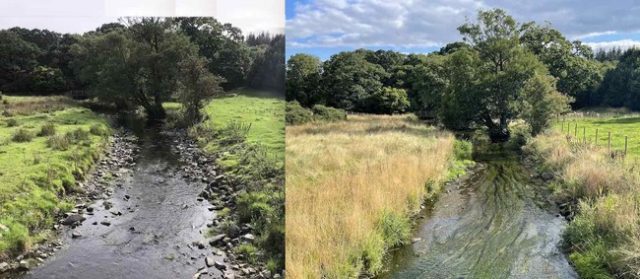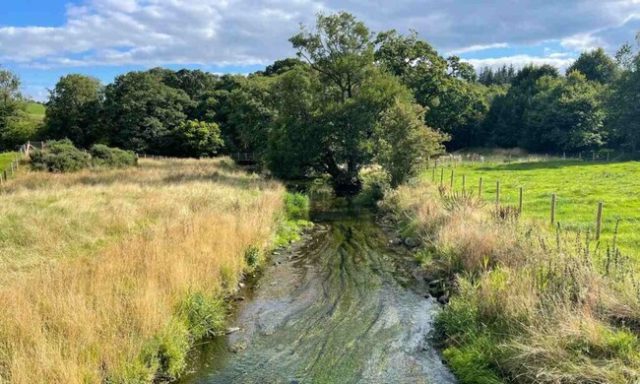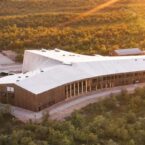
In the UK, farmers are taking innovative steps to combat flooding by returning sections of their farms to a more natural state. James Robinson, a farmer from Cumbria, has collaborated with the Ullswater Catchment Management CIC to transform parts of his farm into wetland habitats. This initiative has not only led to the return of wildlife, with birds and invertebrates making a remarkable comeback, but has also proven effective in flood mitigation. The historical transformation of waterways into deep, straight canals has contributed to the severity of flooding in the UK. Farmers like James Robinson are working to reverse this trend by restoring streams to their natural, meandering state. The Ullswater CIC has witnessed the success of their stream restoration model, which has spread across the region, including areas such as Glenridding, Windermere, West and South Cumbria, and Ullswater.

Danny Teasdale, the CEO of Ullswater Catchment Management, notes the growing interest in their approach, emphasizing the positive impact on local communities. The restoration efforts involve re-meandering streams, creating ponds, and planting trees to prevent soil erosion. Robinson, having experienced first-hand the benefits of this approach on his farm, highlights the significant increase in biodiversity, including the return of birdlife and the sighting of a barn owl after a 40-year absence.
Beyond flood mitigation, restoring natural watercourses also offers additional environmental benefits, such as carbon sequestration. Wetlands and grasslands store more carbon underground than forests, contributing to climate change mitigation. Scientific studies have shown that partially-rewilded farms can support increased biodiversity without compromising agricultural yields, pointing to the potential for a harmonious coexistence between farming and conservation efforts.

















